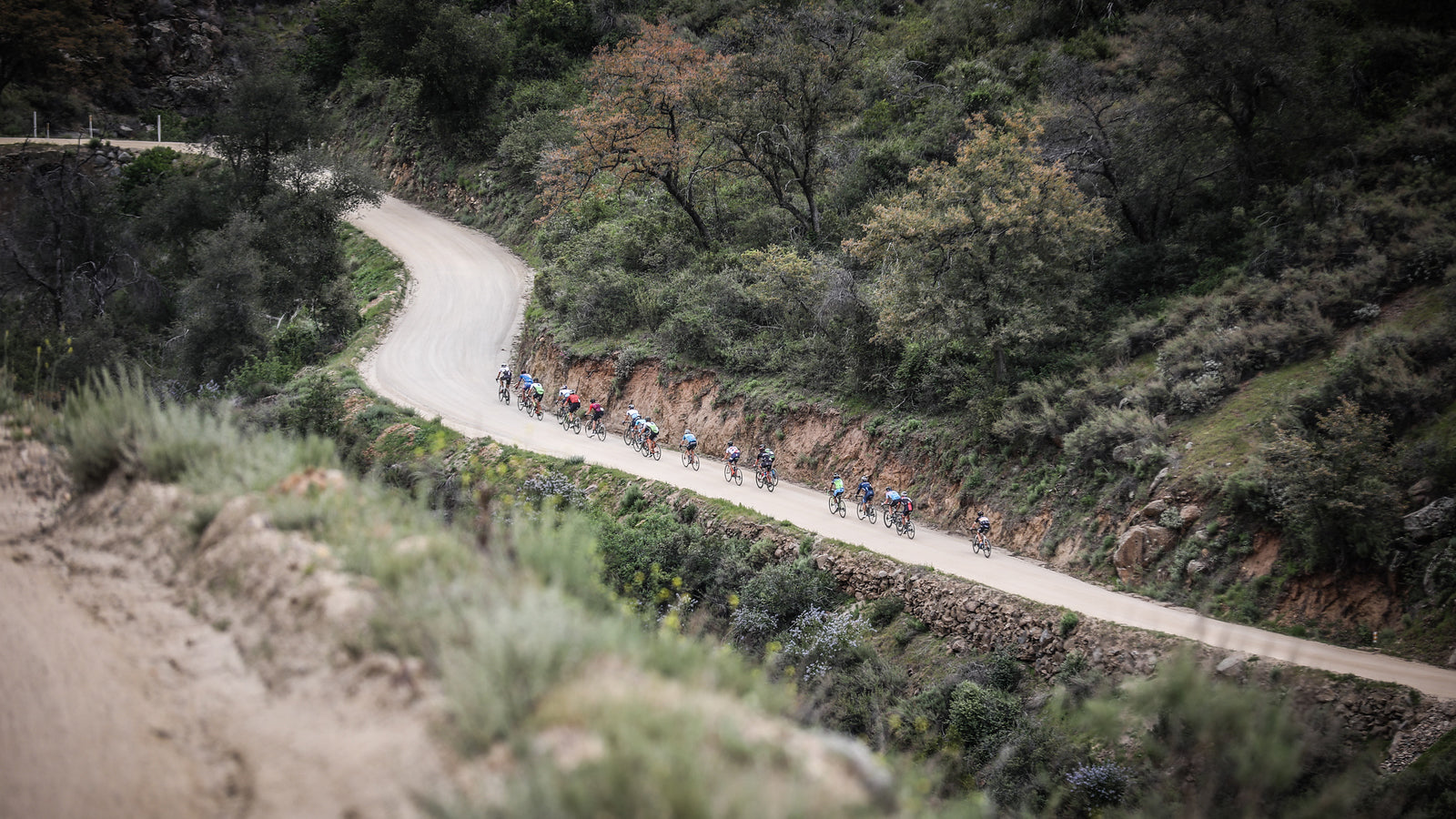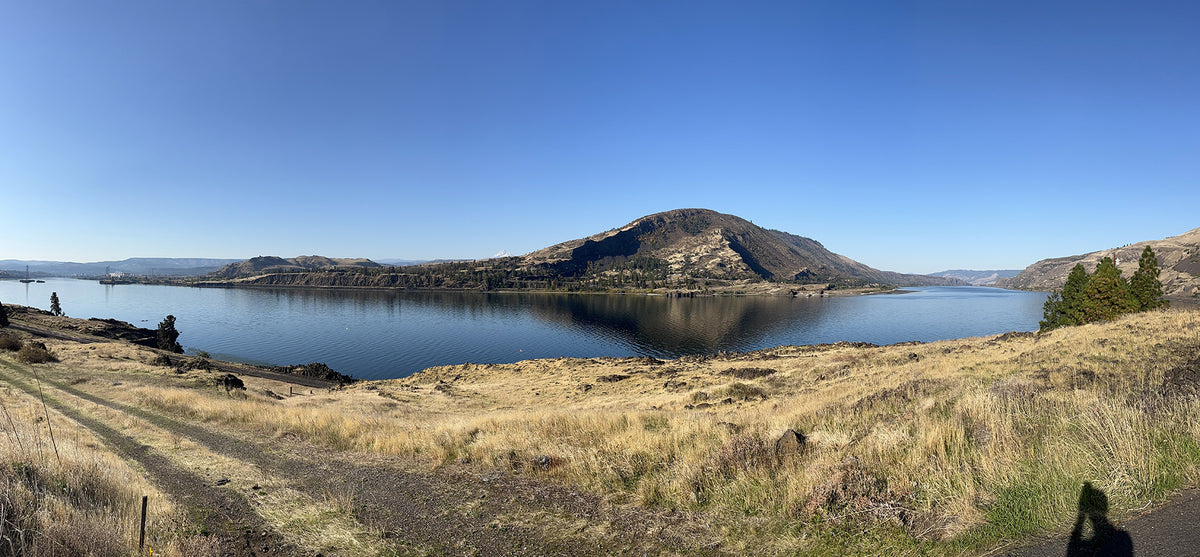Your Cart is Empty

By: Zack Allison, BSEd Source Endurance, Senior Consultant
Gravel riding and gravel racing is a unique cycling venture. With long durations like road racing but equipment similar to cyclocross, training for gravel races is different from other styles of events. By applying the same principles that guide us through all aspects of coaching- specificity and overload- we can design new workouts specific to gravel cycling to make you a faster rider.
One of the things that makes gravel riding different is cadence and strength. On gravel roads of any kind you will find that the rolling resistance is greater. You feel more bogged down on gravel roads as your tires must roll over the bumps or through the loose gravel. This can cause a rider to feel bogged down in their cadence. When this happens over time, your core and back start to fatigue first, then your cadence gets slower and slower as your muscles start to fatigue and eventually you are just going slow. When putting together a gravel specific workout we will want to take this into account more than with road cycling where cadence choice is usually not dictated by the road surface.

The specific example above is a mixed road and gravel ride where the middle section is gravel and takes up about half the ride time. The yellow line is cadence and the green line is miles per hour. You can see a distinct difference in cadence between the paved and gravel sections. By just quickly applying a rough line of best fit we can see that although it's not always necessary, we tend to use a lower cadence on gravel segments for stability on the bike and ride feel.
Threshold training. This comes up in every single aspect of cycling. If you have a high aerobic capacity and high lactate threshold power, you will be pretty hard to drop. Most gravel races on the gravel cycling calendar and most of your local events will have significant road portions with gravel segments throughout. The demands are similar metabolically to other cycling events so when we start to build our gravel workout we will take this into account and focus on threshold power training.
Now that we have a few major parts of the picture of how gravel cycling events differ from other cycling events, we can start to make a gravel cycling specific workout to make you faster for it. The workout plan below is one interval day that would be suitable for an athlete looking to improve their gravel riding. This workout alone may not set you up to win your local gravel race or ride but it's a place to start. The workout is meant to be supplemented with other interval workouts, core workouts, and endurance riding. Make sure to talk to your coach about what your goals are, whether it's gravel grinder specific or something else. This workout is written as a percentage of FTP so you can do a bit of math and apply this workout based on your Functional Threshold Power or Heart Rate.
Always warm up well before intervals!
Roll home or continue at endurance pace for extra miles. The 10 minute intervals could be a bit easier if you have a longer section of climbing in your region or on a gravel road.
 |
Zack Allison's affinity for cycling started when he was 14 racing on the East Coast and his enjoyment of the sport lead him to pursue his BSEd in Exercise Science from Colorado State University, in Fort Collins, Colorado. He currently races for Elevate Pro Cycling, a UCI continental men's road team. Growing up in the sport with many great mentors, he loves to pay it forward, using a combination of education and race experience. You can often find him zooming around on Fort Collins' many gravel roads or on its countless mountain bike trails. Learn more about Zack. |

877.729.0911
Comments will be approved before showing up.

Activebalance
May 23, 2022
Thanks for this post, I really found this very helpful. And blog about “Intervals to Prepare for next Gravel Grinder” is very useful.